By Otto Spijkers
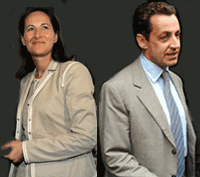 David Landes of Harvard explained how the French use the words ‘globalisation’ and their own ‘mondialisation’:
David Landes of Harvard explained how the French use the words ‘globalisation’ and their own ‘mondialisation’:
Je me suis dit qu’il s’agissait encore une fois d’une exception culturelle : les Français n’allaient pas laisser l’idée, l’invention de l’idée et sa définition, à l’initiative d’autres nationalités et surtout pas des Anglo-saxons. Et puis on m’a expliqué qu’entre «mondialisation» et «globalisation», il y avait une différence : la «mondialisation» était la diffusion d’une civilisation mondiale, avec tous ses aspects intellectuels et spirituels, un processus potentiellement humanitaire, égalitaire, universaliste, mû par le respect de chacun pour chacun tandis que la globalisation était la diffusion et l’établissement de l’empire des riches sur les pauvres, des forts sur les faibles, dans le cadre d’un processus économique et politique. Mais il est évident qu’avec le temps et l’usage, le mot français «mondialisation» a été employé dans les deux sens et que pour les français, la «globalisation» est quasiment exclue du vocabulaire technique.
In the end, then, the two words are synonyms, and the French word prevailed. So much for the battle of the languages. What do the two remaining candidates think about ‘mondialisation’? First of all, it seems that the French are not too enthusiastic about it, even though they benefit from it greatly. So to be in favour of mondialisation (whatever that means) will not do a French politician much good. Royal of the Parti Socialiste is very critical of the current state of globalization: 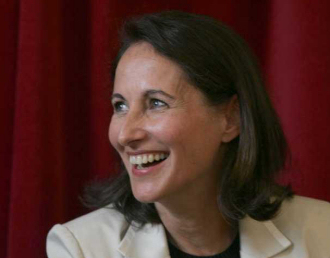
La France présidente [?] c’est une France qui aura le courage de regarder la mondialisation telle qu’elle est : soit un chaos, soit une chance. Un chaos si nous laissons faire et si nous laissons aller avec un libéralisme sans foi ni loi; une chance si nous pesons de toutes nos forces pour changer l’échange inégal qui a spolié pendant tant d’années l’Afrique, une partie de l’Asie et l’Amérique du Sud. On sait bien que nous ne sauverons pas tout seuls, on sait bien que la France sauvera ses emplois et pourra même en créer de nouveaux, si le monde est moins inégal, si la faim et si la maladie reculent, si le savoir partagé progresse, si les cultures se mélangent et échangent. En revanche, la mondialisation peut être un drame, un terrible drame si chacun se replie, dresse des barrières, installe des miradors à ses frontières, et si l’autre, au lieu de devenir une chance, devient un intrus, et pour finir, un ennemi. Et cette mondialisation-là, nous ne la voulons pas. Nous ne voulons pas une mondialisation abandonnée aux seules forces des marchés. A nous de construire ces digues d’un nouveau monde, à nous de construire cet idéal qui est réalisable et qui détermine aussi notre destin commun et ce que la France deviendra à l’échelle de la planète.
What about the other candidate, Sarkozy? This is what he has said about ‘mondialisation’: 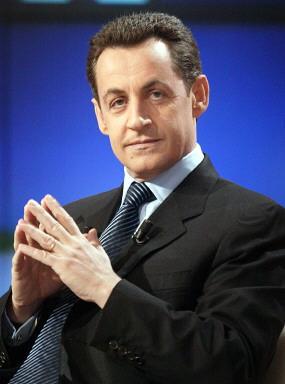
La mondialisation est un fait. Il serait aussi vain de la nier ou de s’y opposer que de prétendre remettre en cause la loi de la gravité ou arrêter la course des nuages. La question n’est donc pas de savoir si la mondialisation est bonne ou mauvaise. Elle est de savoir si nous y sommes préparés. Si nous nous sommes organisés pour peser sur elle. Elle est de savoir si nous voulons être du côté des gagnants ou de celui des perdants. Le choix existe, car si la mondialisation est un fait, la subir n’est pas une fatalité. C’est nous qui en réaliserons les promesses ou qui en subirons les menaces. [?] Je refuse toute présentation idyllique de la mondialisation. Je ne ferai pas croire que tout le monde y gagne. Je n’accepte pas d’entendre que tous ceux qui en souffrent n’ont rien compris.
One may conclude that globalization is a fact, neither good nor bad in itself, and that is has created a new reality that France has to cope with. (On the question whether globalization is indeed a fact, see The World is Flat (video and book), and Why the World isn’t Flat.) How does France cope with globalization? About the always controversial subject of ‘protectionism’ Sarkozy said:
L’Etat doit protéger sans être protectionniste. Le mot protection ne me fait pas peur. Je l’assume. On ne peut pas répondre à la souffrance sociale et aux angoisses légitimes : « c’est triste mais on n’y peut rien ». On ne peut pas continuer de répondre à l’angoissante question de l’avenir que le marché est tout et la politique rien. Je n’accepte pas cette vision parce qu’elle est fausse. L’accepter c’est faire le lit de tous les extrémismes. Je n’accepte pas l’idée que le combat politique ne sert à rien. Je n’accepte pas l’idée que la mondialisation soit le nouveau nom de la fatalité. La politique est impuissante quand elle ne veut rien. Quand on ne veut rien, on ne peut rien. Voilà ma conviction. Seule la politique peut mettre la mondialisation au service de l’homme. Seule la politique peut prévenir la révolte de l’homme contre une mondialisation dont il a le sentiment qu’elle l’asservit au lieu de le libérer. […] Le problème n’est pas de savoir si la mondialisation est trop ou pas assez libérale. Le problème est de savoir si nous sommes prêts à en relever tous les défis. Notre pays a en lui-même toutes les capacités, toutes les ressources et tous les atouts pour les relever avec succès. Mais nous n’avons pas fait tout ce qu’il fallait pour exploiter à plein ce potentiel.
The whole speech can be watched here.
 By Maarten den Heijer
By Maarten den Heijer
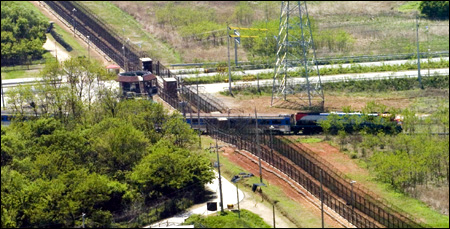
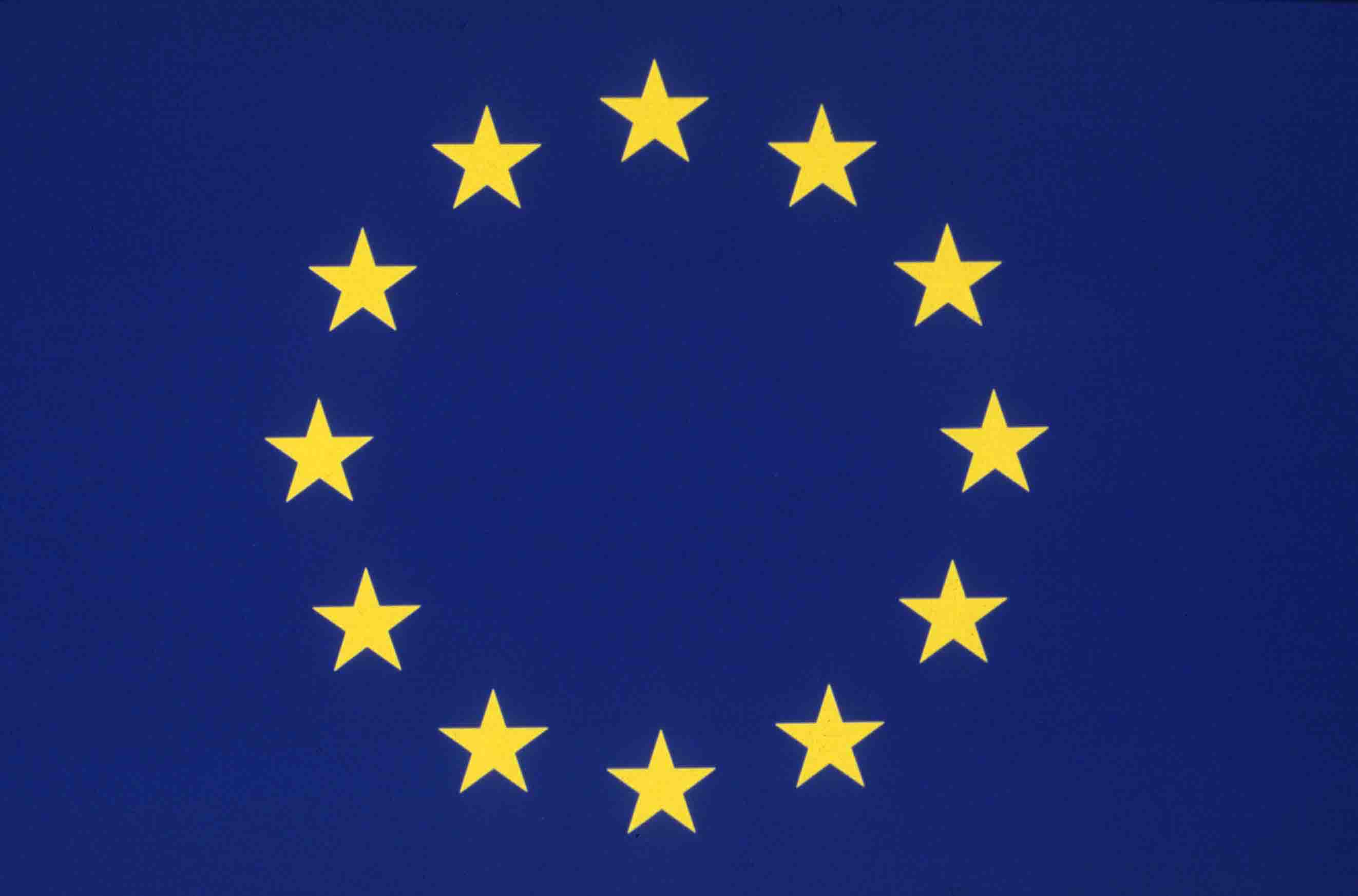
 David Landes of Harvard
David Landes of Harvard 

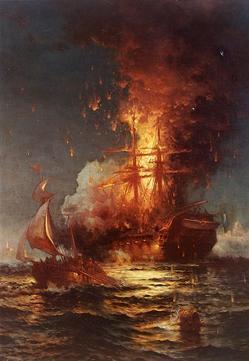 By Richard Norman
By Richard Norman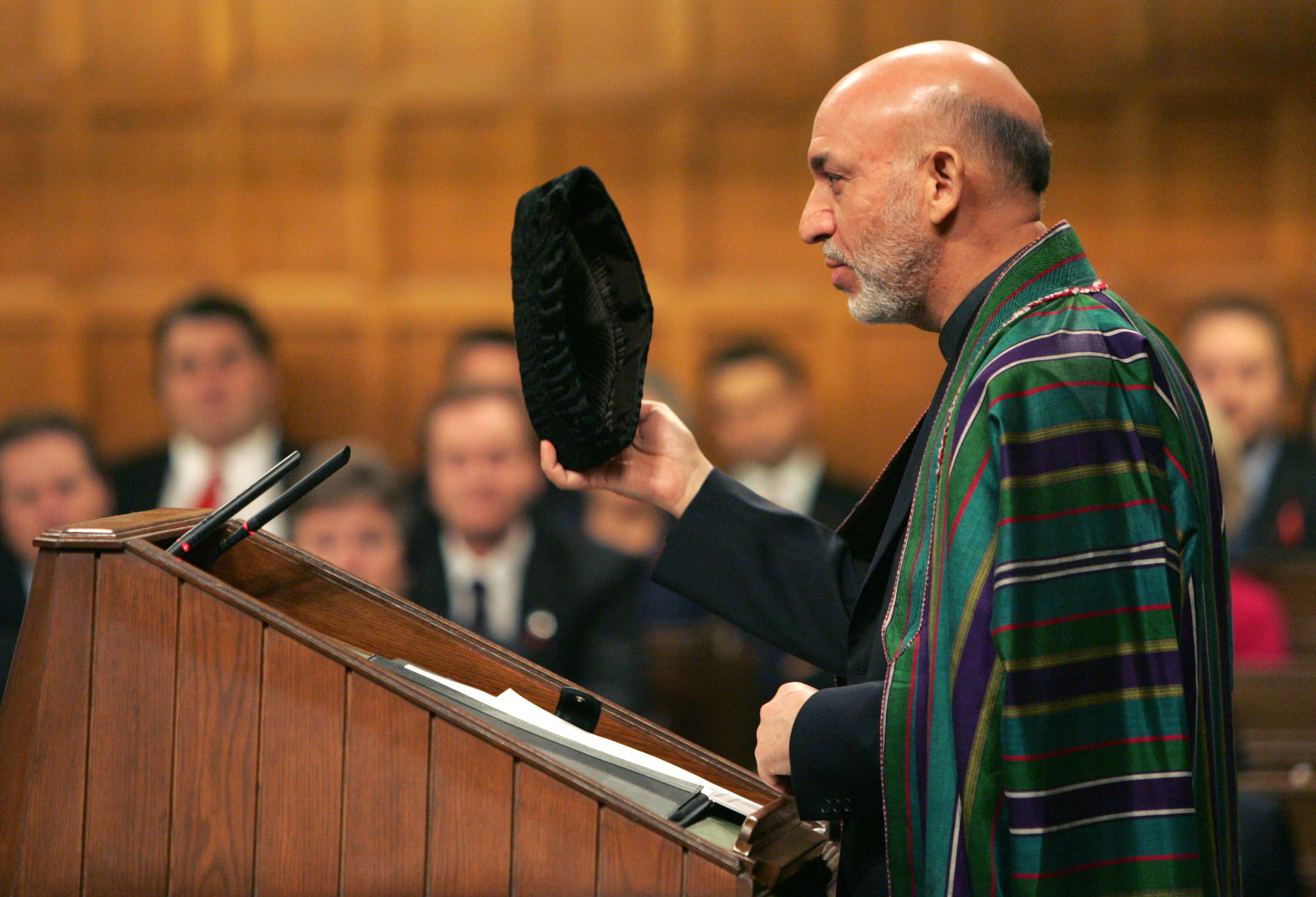 By Richard Norman
By Richard Norman By Richard Norman
By Richard Norman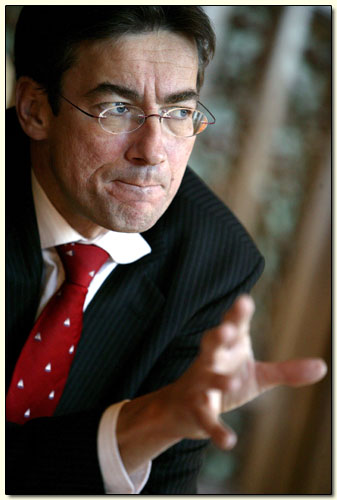 By Otto Spijkers
By Otto Spijkers By Richard Norman
By Richard Norman By Richard Norman
By Richard Norman